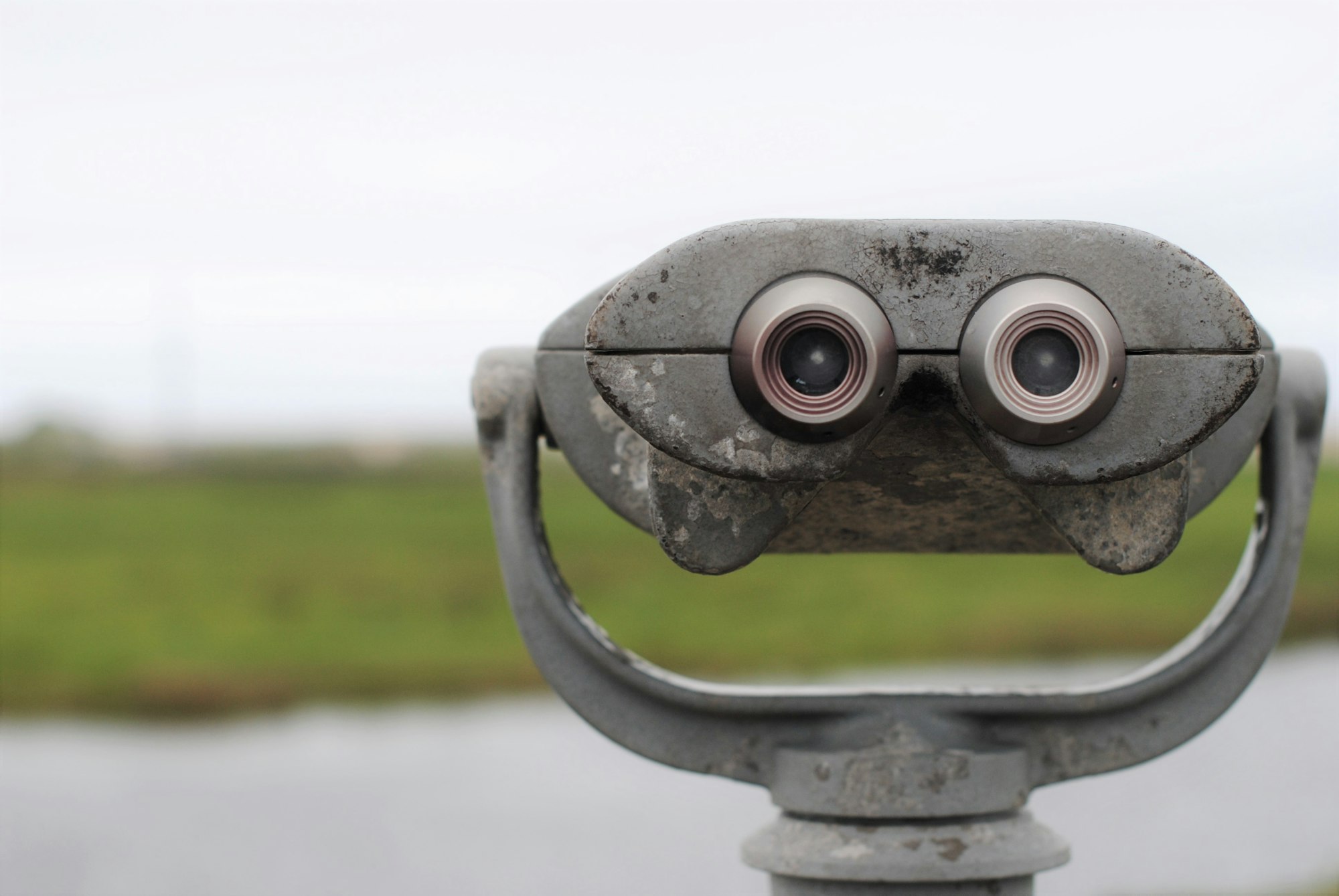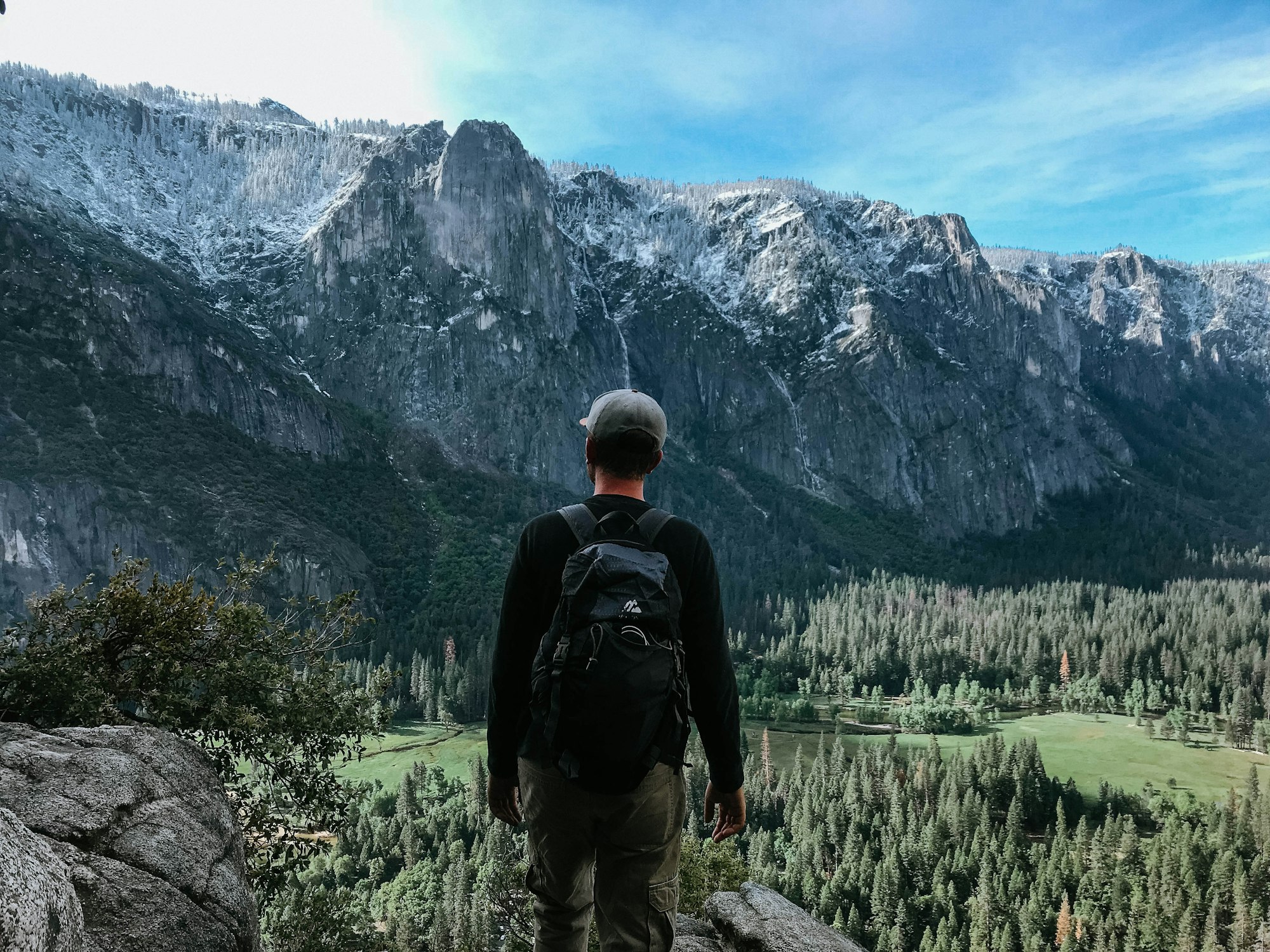Maundy Thursday: When Love Became a Command

Walking Through Holy Week, Part Five
As the Holy Week happenings intensify, we find ourselves at one of its most profound moments. Maundy Thursday brings us to an upper room in Jerusalem where Jesus gathered with his disciples for their final meal before his crucifixion. What happened in that room would forever transform our understanding of leadership and love.
The Night Everything Changed
"Jesus, knowing that the Father had given all things into his hands, and that he had come from God and was going to God, got up from the table, took off his outer robe, and tied a towel around himself. Then he poured water into a basin and began to wash the disciples' feet and to wipe them with the towel that was tied around him." (John 13:3-5)
The disciples arrived at the designated location for the Passover dinner, likely expecting the usual celebration. Instead, they witness something shocking. Then, almost immediately, Jesus kneels before them like a common household servant, washing the dust and grime from their feet. This task was so menial that Jewish servants couldn't be required to perform it—it was reserved for non-Jewish slaves.
Even more astonishing? Jesus washes all their feet—including those of Judas, whose betrayal he already knew was coming, and Peter, whose denial would soon follow. This wasn't just a lesson in humility but a radical demonstration of love without limits.
The New Commandment
"I give you a new commandment, that you love one another. Just as I have loved you, you also should love one another." (John 13:34)
The name "Maundy" comes from the Latin word "mandatum," meaning "commandment." It refers to these words that Jesus spoke after washing their feet. This wasn't merely a suggestion or good advice but a command. And not just any command, but a "new" one that would redefine his mission, ministry, and what it means for us to follow Jesus.
What made this commandment new wasn't the call to love—the Jewish tradition already taught love of neighbor. What made it revolutionary was the standard: "as I have loved you." Jesus was setting himself as the measure and model of love. And what had they just witnessed? A love that serves, a love that kneels, a love that cleanses, a love that prepares to sacrifice everything.
The First Communion
That same evening, Jesus took bread and wine and transformed them into the first Eucharist, also known as the Lord's Supper or Communion. "This is my body," he said, breaking the bread. "This is my blood," he continued, raising the cup. With these simple elements, he established a lasting memorial that would sustain his followers through centuries to come.
On the very night of his betrayal, Jesus gives us not a weapon for vengeance but a meal of remembrance.
Not a strategy for power but an invitation to the table.
Not a call to dominance but a path of sacrificial love.
The Leadership Revolution
Perhaps nothing in Jesus' ministry defines his leadership vision more clearly than this moment with the basin and towel. In a world obsessed with climbing ladders, Jesus deliberately climbs down. In a culture fixated on who sits at the head of the table, Jesus kneels at the feet of others.
"You call me Teacher and Lord—and you are right, for that is what I am," Jesus says after washing their feet. "So if I, your Lord and Teacher, have washed your feet, you also ought to wash one another's feet" (John 13:13-14).
This is the leadership revolution of Maundy Thursday: True greatness lies not in being served but in serving. True authority expresses itself not through domination but through loving action. The towel, not the crown, becomes the symbol of Christian leadership.
Love in Action
Maundy Thursday confronts us with a challenging truth: Love isn't love until it acts. Jesus could have told his disciples to serve one another. Instead, he got up, removed his outer garment, wrapped a towel around his waist, and did the work himself.
This day invites us to examine our own love for God and for people. Is it primarily theoretical—something we feel or talk about? Or does it express itself in tangible actions of service? Do we love others "as Jesus has loved us"—without conditions, without expectations of return, and without excluding even those who might harm us?
A Prayer for Maundy Thursday
Lord, give me a servant's heart that loves through action, willing to kneel with the towel of humility rather than grasping for power and position. When I am tempted to seek status and recognition, remind me of you, the King who knelt. Help me to love not just with words but with hands ready to serve and a heart ready to sacrifice. May I find my greatness in lifting others up, rather than elevating myself. Amen.
How might you "wash someone's feet" today through an act of humble service? Share your thoughts in the comments below.
Subscribe today









Member discussion